There are more than a dozen cakes in the new collection, all served with sweet toppings that reflect centuries of meaning and symbolism.
New Year’s (Page 5)
What better way to celebrate the New Year than with a lovely cake in the shape of Mt. Fuji decorated with Japanese symbols of good fortune?
After its first successful year, the “YOU MAKE SHIBUYA COUNTDOWN” event is back for an even bigger celebration this year!
One shinto shrine is making news around Japan for dressing their miko in a garment many had never seen before.
It’s terror-inducin’ good!
With so many products to choose from, this is one of the most personalised lucky bags on the market this year!
The premium Belgian chocolatier brings us quality over quantity with their $46 fukubukuro.
These perfect poster boys pose for a self-chosen GAP collection that costs less than 10 bucks per item!
The popular fast food chain brightens up 2017 with an adorable collection of Sumikkogurashi character merchandise.
The home-grown Japanese fast food chain adds cute and functional items to their lucky bag this year.
We stick to our New Year’s resolutions for eating healthy with a fukubukuro from the biggest sandwich chain in the world.
How many goods and doughnuts can you get in a lucky bag for less than ten bucks? Come with us as we find out!
McDonald’s ushers in the New Year with a special bag filled with discount coupons, a blanket, a cushion, and even a pair of gloves!
Fans of the acclaimed anime studio are swooning over this bag full of cute Ghibli merchandise that costs just 25 bucks!
Starbucks jams this year’s lucky bag with coffee beans, vouchers, and gorgeous drinkware, all for roughly 50 bucks!
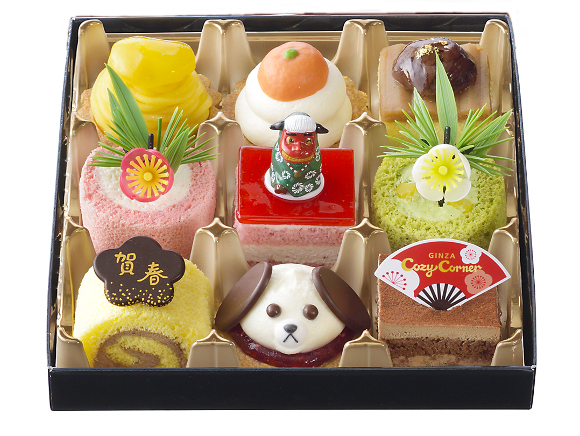
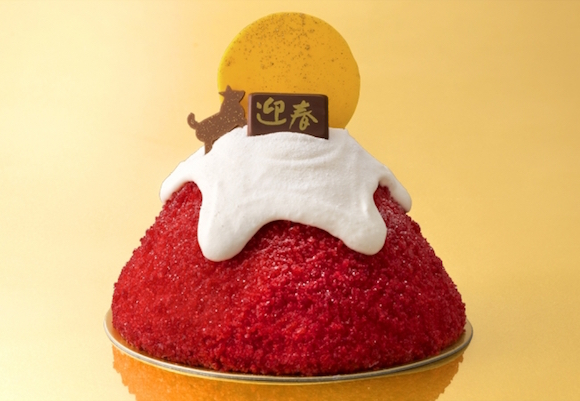
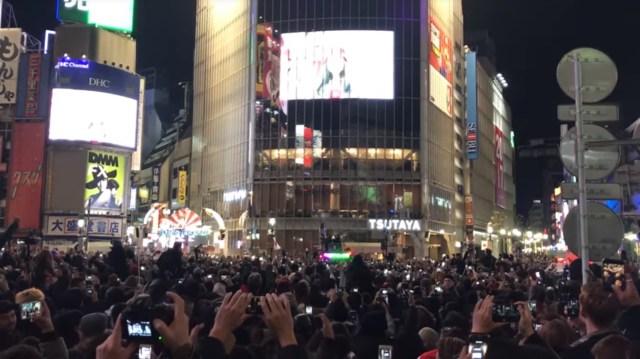
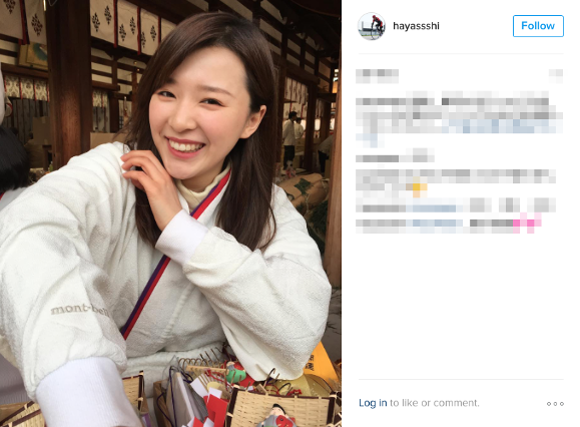
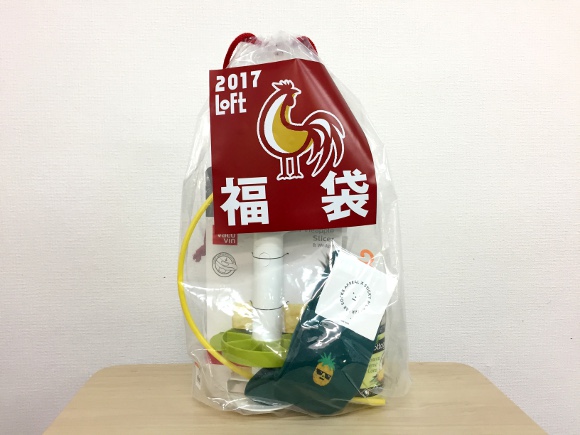
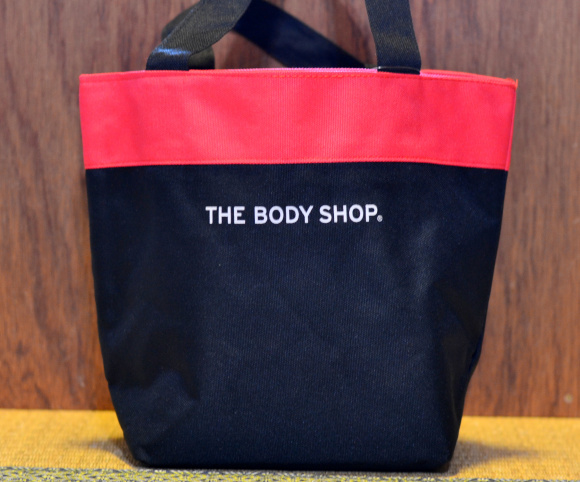
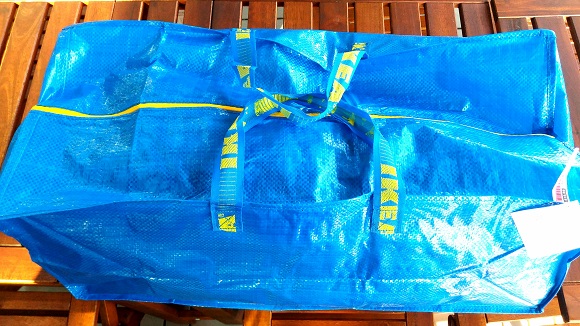
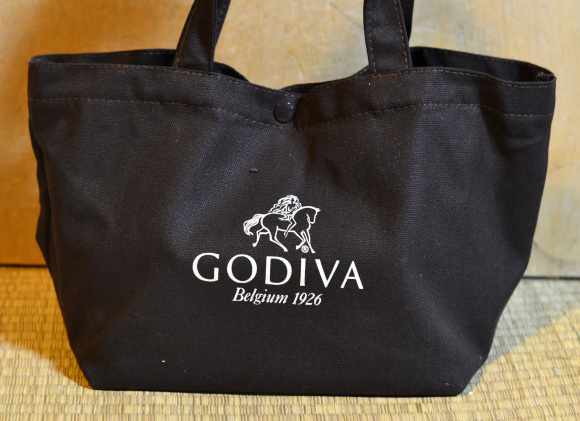
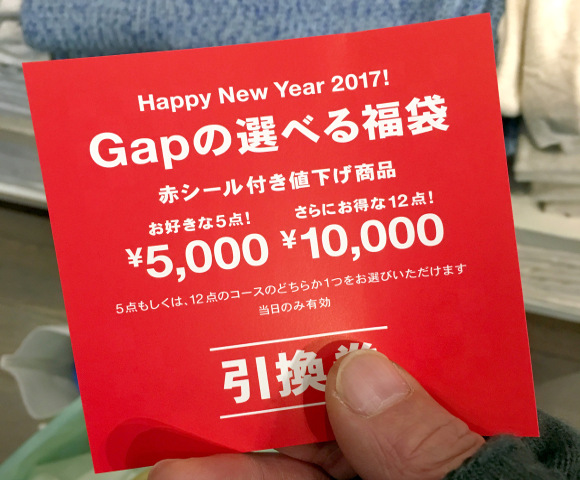
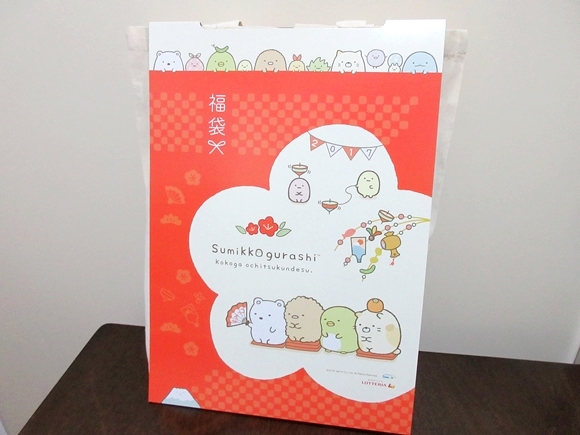
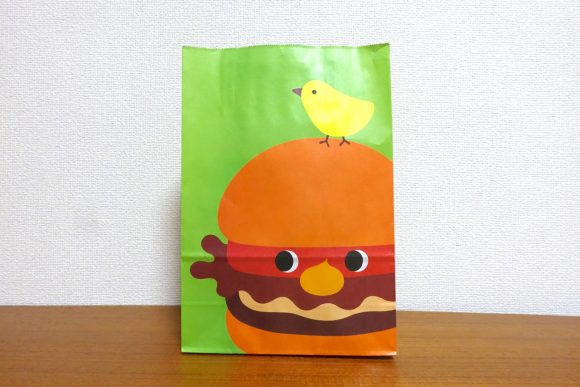
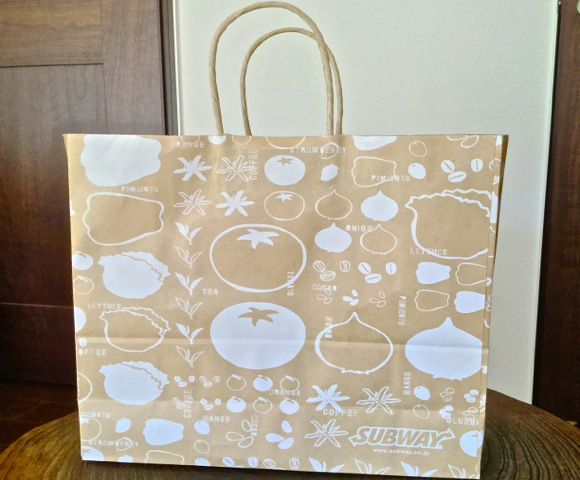
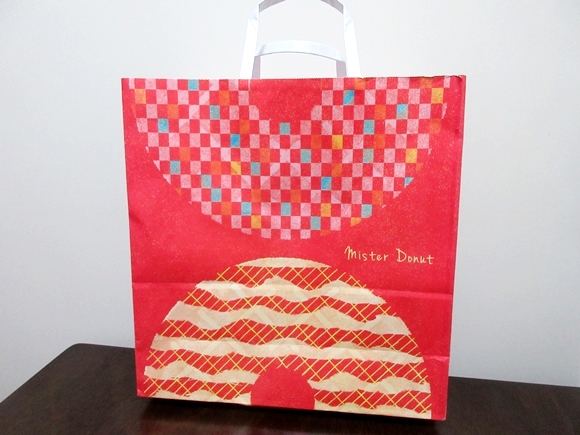
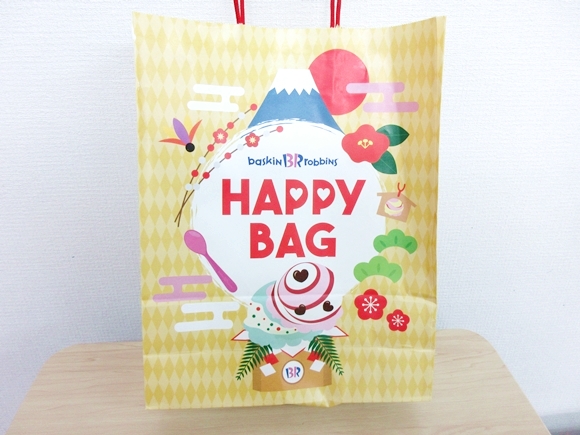

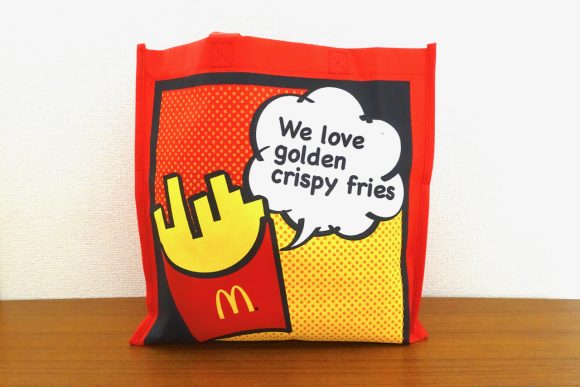
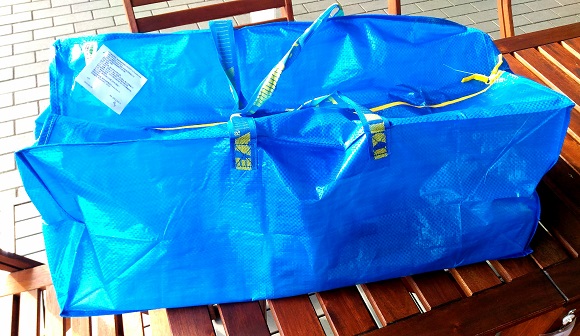
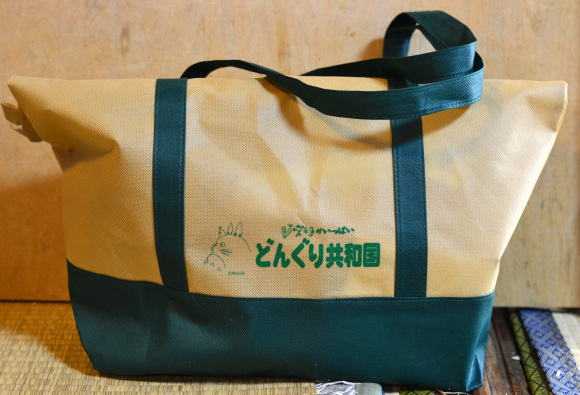
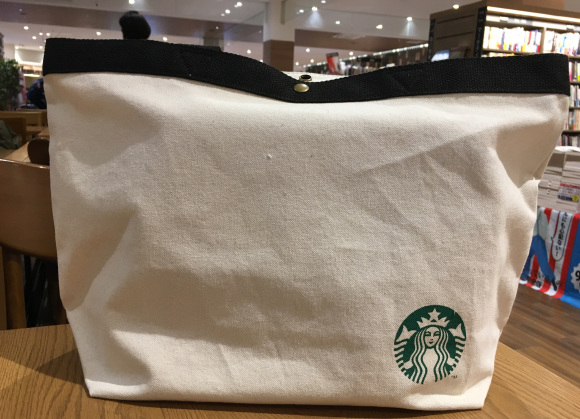
 Starbucks Japan unveils new sakura cherry blossom collection for hanami season 2026
Starbucks Japan unveils new sakura cherry blossom collection for hanami season 2026 One Piece creator has hidden secret of anime treasure’s identity in chest at bottom of real-world ocean
One Piece creator has hidden secret of anime treasure’s identity in chest at bottom of real-world ocean Is Tokyo Station’s startlingly expensive wagyu bento boxed lunch worth its high price?[Taste test]
Is Tokyo Station’s startlingly expensive wagyu bento boxed lunch worth its high price?[Taste test] Live-action One Piece’s Luffy teaches Sesame Street’s Elmo a Japanese word for friendship[Video]
Live-action One Piece’s Luffy teaches Sesame Street’s Elmo a Japanese word for friendship[Video] Japan’s cherry blossom season predicted to start earlier than we’d thought, especially in Tokyo
Japan’s cherry blossom season predicted to start earlier than we’d thought, especially in Tokyo Sakuramochi festival sweetens things up at Tokyo’s Seibu Ikebukuro this season
Sakuramochi festival sweetens things up at Tokyo’s Seibu Ikebukuro this season Starbucks Japan releases new sakura goods and drinkware for cherry blossom season 2026
Starbucks Japan releases new sakura goods and drinkware for cherry blossom season 2026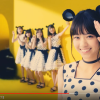 It’s Japanese commercial time! Watch the best ads from 2017 in one glossy 4K video
It’s Japanese commercial time! Watch the best ads from 2017 in one glossy 4K video Can cats cut the cost of power? Japanese delivery company with a cat-themed name investigates
Can cats cut the cost of power? Japanese delivery company with a cat-themed name investigates Viral Japanese cheesecake from Osaka has a lesser known rival called Aunt Wanda
Viral Japanese cheesecake from Osaka has a lesser known rival called Aunt Wanda Starbucks Japan releases first-ever Hinamatsuri Girls’ Day Frappuccino
Starbucks Japan releases first-ever Hinamatsuri Girls’ Day Frappuccino Japanese restaurant chain serves Dragon Ball donuts and Senzu Beans this spring
Japanese restaurant chain serves Dragon Ball donuts and Senzu Beans this spring Japan Extreme Budget Travel! A trip from Tokyo to Izumo for just 30,000 yen [Part 1]
Japan Extreme Budget Travel! A trip from Tokyo to Izumo for just 30,000 yen [Part 1] Japan’s craziest burger chain takes menchi katsu to new extreme levels
Japan’s craziest burger chain takes menchi katsu to new extreme levels Japan Extreme Budget Travel! A trip from Tokyo to Izumo for just 30,000 yen [Part 2]
Japan Extreme Budget Travel! A trip from Tokyo to Izumo for just 30,000 yen [Part 2] Japanese drugstore sells onigiri at pre-stupid era prices, but how do they compare to 7-Eleven?
Japanese drugstore sells onigiri at pre-stupid era prices, but how do they compare to 7-Eleven? Lawson adds doughnuts to its convenience store sweets range, but are they good enough to go viral?
Lawson adds doughnuts to its convenience store sweets range, but are they good enough to go viral? Japan’s newest Shinkansen has no seats…or passengers [Video]
Japan’s newest Shinkansen has no seats…or passengers [Video] Foreigners accounting for over 80 percent of off-course skiers needing rescue in Japan’s Hokkaido
Foreigners accounting for over 80 percent of off-course skiers needing rescue in Japan’s Hokkaido Super-salty pizza sends six kids to the hospital in Japan, linguistics blamed
Super-salty pizza sends six kids to the hospital in Japan, linguistics blamed Starbucks Japan unveils new sakura Frappuccino for cherry blossom season 2026
Starbucks Japan unveils new sakura Frappuccino for cherry blossom season 2026 Foreign tourists in Japan will get free Shinkansen tickets to promote regional tourism
Foreign tourists in Japan will get free Shinkansen tickets to promote regional tourism The 10 most annoying things foreign tourists do on Japanese trains, according to locals
The 10 most annoying things foreign tourists do on Japanese trains, according to locals Take a trip to Japan’s Dododo Land, the most irritating place on Earth
Take a trip to Japan’s Dododo Land, the most irritating place on Earth Naruto and Converse team up for new line of shinobi sneakers[Photos]
Naruto and Converse team up for new line of shinobi sneakers[Photos] Survey asks foreign tourists what bothered them in Japan, more than half gave same answer
Survey asks foreign tourists what bothered them in Japan, more than half gave same answer Japan’s human washing machines will go on sale to general public, demos to be held in Tokyo
Japan’s human washing machines will go on sale to general public, demos to be held in Tokyo Starbucks Japan releases new drinkware and goods for Valentine’s Day
Starbucks Japan releases new drinkware and goods for Valentine’s Day We deeply regret going into this tunnel on our walk in the mountains of Japan
We deeply regret going into this tunnel on our walk in the mountains of Japan Studio Ghibli releases Kodama forest spirits from Princess Mononoke to light up your home
Studio Ghibli releases Kodama forest spirits from Princess Mononoke to light up your home Major Japanese hotel chain says reservations via overseas booking sites may not be valid
Major Japanese hotel chain says reservations via overseas booking sites may not be valid Put sesame oil in your coffee? Japanese maker says it’s the best way to start your day【Taste test】
Put sesame oil in your coffee? Japanese maker says it’s the best way to start your day【Taste test】 No more using real katana for tourism activities, Japan’s National Police Agency says
No more using real katana for tourism activities, Japan’s National Police Agency says Sakuramochi festival sweetens things up at Tokyo’s Seibu Ikebukuro this season
Sakuramochi festival sweetens things up at Tokyo’s Seibu Ikebukuro this season Starbucks Japan releases new sakura goods and drinkware for cherry blossom season 2026
Starbucks Japan releases new sakura goods and drinkware for cherry blossom season 2026 It’s Japanese commercial time! Watch the best ads from 2017 in one glossy 4K video
It’s Japanese commercial time! Watch the best ads from 2017 in one glossy 4K video Can cats cut the cost of power? Japanese delivery company with a cat-themed name investigates
Can cats cut the cost of power? Japanese delivery company with a cat-themed name investigates Viral Japanese cheesecake from Osaka has a lesser known rival called Aunt Wanda
Viral Japanese cheesecake from Osaka has a lesser known rival called Aunt Wanda The best Hobonichi diaries, covers and stationery for 2026
The best Hobonichi diaries, covers and stationery for 2026 Supermarket sushi becomes a hot topic with foreigners on Reddit, but is it any good?
Supermarket sushi becomes a hot topic with foreigners on Reddit, but is it any good? Korean Pokémon baked goods are so popular you can’t find them anywhere, but why?
Korean Pokémon baked goods are so popular you can’t find them anywhere, but why? “Hello Kitty Park” in China is set to open on New Year’s Day!
“Hello Kitty Park” in China is set to open on New Year’s Day!